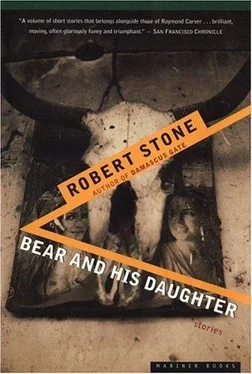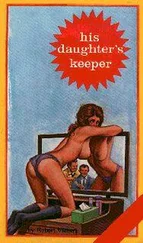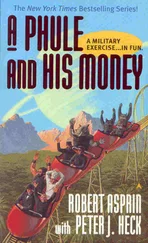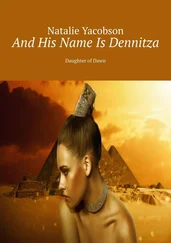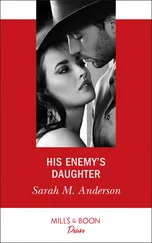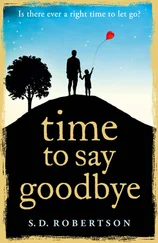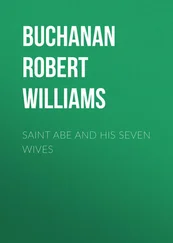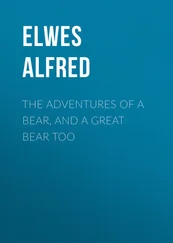And what, Smart wondered, would they do with their lives up there once they’d duly read and forgotten? Manage Kmarts? Incinerate nuclear waste? Clerk for the Fish and Game? Ranching was for millionaires now, the mines and forests were objects of speculation. But how beautiful it had once been, he thought, the morning light, the trout rising at dusk. It was his land, he had worked it, his people had gone west with handcarts on the Oregon Trail, though they had settled farther along, closer to the ocean. In his day, a lumberman, a miner; worked his heart out, proud of his body’s strength, hating his bosses, loving his fellow workers, swearing by the union. The boys ten years older than Smart had gone into the war against Hitler. Smart had joined up, signed on with the navy when the judge required it, after he and his friends had been caught stealing Forest Service equipment. The alternative was the State School for Boys, an institution so dreaded and fearsome that only the meanest and craziest got themselves sent back. No Shoshone State to go to then, where regional poetry was learned and forgotten.
Passing an alder grove with his windows down, he was startled to catch for a moment the robotic bleating of a backhoe. The sound made him pull off the road.
The grove was deserted. The prairie wind carried a weight of silence and he realized suddenly that the sounds were those of a mockingbird. It must have listened for days to a road crew’s machines and incorporated the backhoe into its repertoire.
It was impossible for him then not to poetize. And it was impossible for him not to think: How the Russians would have loved such a poem once. Nature and machine in literal harmony, labor and wilderness under the broad sky. The fact was that, these days, Smart was not nearly as welcome over there as he had once been. Time was, his appearances had filled hockey rinks; he had gone drinking with Yevtushenko. Perhaps they thought, the new bunch, that he had been a little tight with the old crowd, a little too accommodating of the cultural command, the official poetasters and their masters. He had seen it as working against the Cold War He had never thought of his work as political; he had assumed people there had genuinely liked what he did and would continue to do so.
It even seemed that the end of the Cold War had undermined his status in the United States, his credentials as rebel. As though people were less interested as the dangers waned. Then he had had his campus problems. Harassment. Absurdity.
Back in the cat, he thought for a while of the Bird and the Backhoe. Of course there was a poem there. But so Russian, so Soviet, so much uplift and muscularity. Was it really worth doing? Someone somewhere had said of Rilke that if he had cut his chin shaving in the morning he would have bled poetry. Smart had once secretly thought that was equally true of himself.
They make me feel like cheering,
These fish, mere fish, at the cost of such voyaging, such heroism, such wild adventure
Fulfilling a purpose that was never their own.
The mighty merciless will that made Leviathan
Made them, sent them to sea, willed them unending strife.
He supposed that was hardly Rilke. He might have made a middle-level Soviet poet or the equivalent of one. Or else, he thought, he might after all be better than that. Starting out, his model had been Thomas McGrath, another poet from his part of the country. And as for the salmon poem — if he could only bring it back, it might be improved, honed into something worthy of its conception, the wonderful moment that had inspired it. In any case, he thought, except for fragments it seemed to be gone. But the excitement of the recollected poem, what seemed to him its possibilities, stirred a swelling of angina pain in his breast.
…in order that there be fish, that there be something rather than nothing
In the appointed place.
To serve that inscrutable disposition,
Welcome them home now, with carnivore cries
Life’s champions
Let them teem and die.
To survive and teem and die is glory.
God’s will be done.
It would probably, he thought, be well to take the God pan out.
There had not been that many visitors to the monument that afternoon. Fewer than a dozen in all, enough to constitute two groups. They would pass through the gate to park headquarters and tickets from Phyllis Stowe and, if they chose to, they might file into the little auditorium to watch a film on western North America during the early Cenozoic Era and the formation of volcanic structures. Watching it, Rowan had to muster all the goodwill of which she was capable — a thoroughly boring film and not even specific to that particular site. At least three other parks with volcanic configurations to display used it.
During the second showing of the film, Rowan went into the ladies’ room and took the envelope out of her breeches pocket and licked the icelike crystal from her fingers and put some on her gums. She made it to the auditorium just as the lights were coming on. She had a quick look around to see if there were any children in the house. She always liked to make sure that children saw the part about the fossil record, the Eocene plants that had been carbon dated back millions of years. Her readiness to point out the implications to youngsters occasionally involved her in controversies with God-fearing parents. Sometimes she found these disputations tiresome. At other times she could barely get enough of them. The park superintendent, Mr. Bondoc, the man who had just assigned her to enforcement, preferred her to overlook difficult points of science. Fundamentalists ought to enjoy the parks too, and often wrote letters to their legislators.
“Do you have any films emphasizing creationism?” a bearded paterfamilias with a beaten-down wife and half a dozen children had once asked her.
“At the moment, sir,” Rowan had replied, “we lack the documentation. We have folks in the field though.”
“And what are they doing?”
Taking a shit, she had dearly wanted to say, but she had been sober at the time.
“Many people believe that the Garden of Eden is where Reskoi, the sky spirit, created Rainbow Girl,” Rowan had told the man. “And where would we be without Rainbow Girl, kids?” she asked his children. “Without Rainbow Girl we wouldn’t have turkey every Thanksgiving. Or corn.”
“We don’t happen to believe in Rainbow Girl,” the man had said.
“C’mon,” she asked him, “on a day like this? Everybody believes in Rainbow Girl.”
Fortunately for Rowan, the man’s complaining letter to Mr. Bondoc, attempting to refute the doctrine of Rainbow Girl and containing sarcastic references to Her had made him sound like a lunatic to that unimaginative official.
Conducting the five tourists through the lava bed, Rowan was at her most enthusiastic. From time to time she was afraid there might be some spittle running down the side of her mouth, but that was just her imagination. The men appreciated her dashing uniform and the women seemed not to mind. Glimpsing herself in the reflective glass of the park headquarters on the way to the field, it seemed to her she looked like Ella Raines in Tall in the Saddle. Queen of the Cowgirls, the big iron on her hip.
As usual, she explained to her group that the field through which she conducted them was a composite lava field of fluid mafic formation. It was mainly cinder and ash which gave it its grim and witchy appearance, although there were also examples of lapilli and even some brachiated granite of volcanic origin, among which, in season, wildflowers grew. A few of the wildflowers, she pointed out, were still in evidence, withered and mummified: Indian paintbrush, lupine, death camas.
A teenage girl, the youngest person in the group, wanted to know why it was called death camas.
Читать дальше
